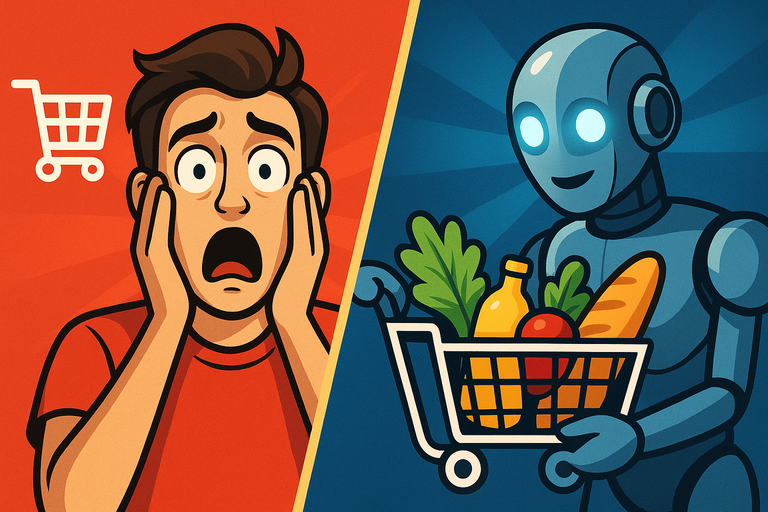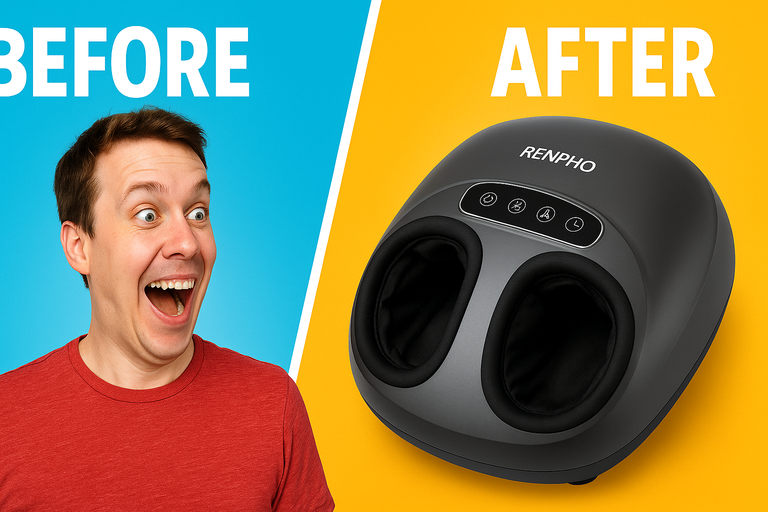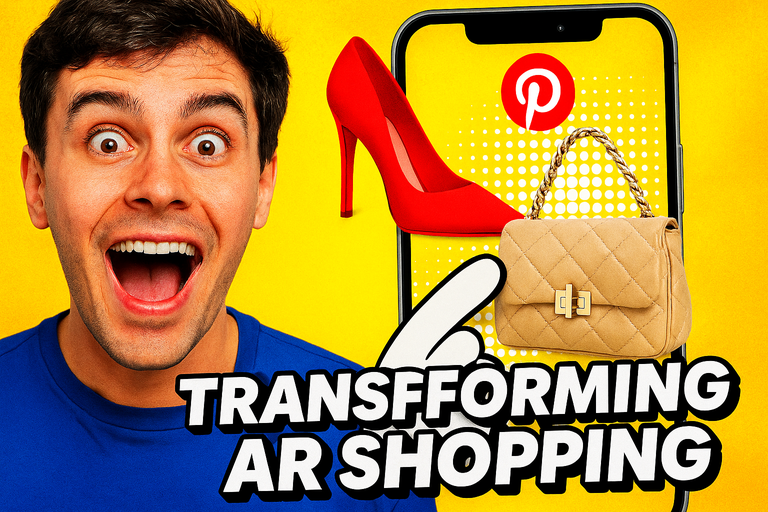
Ever gone on an online shopping spree, only to forget which product caught your eye because your browser history reads like a jumbled code of cryptic links and cryptic-er typos?
We've all been there: four open tabs, three abandoned carts, and one burning question—"Where did that amazing jacket go?" You try the search bar, but unless you type the exact phrase you first used (was it "burgundy windbreaker" or "maroon storm coat"?), your find is lost to the digital void.
But hold onto your shopping carts, because Microsoft Edge just dropped a feature that could change the way we browse (and reminisce about) the internet: an AI-powered browser history search that understands typos, synonyms, and your foggy recollections. The Verge’s breakdown reveals Edge’s new “enhanced search,” which promises to find what you’re looking for even if you have the spelling skills of a distracted goldfish.
The Memory Trap: Why We Forget (and Overspend!)
Let’s face it—online shopping is a minefield for memory. The parade of enticing images, irresistible deals, and endless options means product details melt away faster than your willpower during a midnight snack. Research shows that shoppers who can’t easily revisit past finds are more likely to make impulse buys, double purchases, or abandon carts altogether. Not only does this wreak havoc on your wallet, but it does nothing for your eco-conscience, either.
So if you can’t rely on your memory, and your browser’s search is pickier than a toddler at dinner, what’s a modern shopper to do?
Enter: AI That Knows You Better Than You Know Yourself
Microsoft Edge’s enhanced history search is the latest in a growing trend: AI-powered recall. This isn’t your dad’s Clippy—it’s a search bar with the understanding of a patient librarian. Typo “waterbotle” instead of “water bottle”? No problem. Can’t remember the exact site, but recall seeing a “blue insulated cup”? You’re covered. The feature digs through your browsing history, links up related terms, and conjures up what you meant, not just what you typed.
This is a game-changer because, let’s be honest, most of our e-commerce experiences are powered by wishful thinking and vague memories. AI-enhanced search means less time wasted, fewer duplicate orders, and a much happier you.
But What About Seeing Yourself in the Product?
Hold up—Edge’s AI can find that fuzzy listing you half-remembered, but is that really the peak of e-commerce magic in 2025? Not even close.
True innovation comes not just from remembering what you saw online, but from seeing yourself in it—literally. Imagine this: You’re eyeing a trendy pair of shades or that couch with questionable dimensions. Wouldn’t it be incredible if you could slap your own selfie or room pic onto the product image, and know before you click “buy now” if it’s true love or just another mistake?
That’s exactly the type of personalized shopping experience that XP9’s Chrome extension is pioneering. XP9—officially known as eXPeriential Preview 9—isn’t content with just helping you find where you’ve been. Instead, their tool lets you see yourself in Amazon product photos, effortlessly inserting images so you can visualize the fit, the look, the whole vibe before you commit. It’s like an AI mirror for your shopping impulses.
And unlike other tools on the market (sorry, AMZ Downloader and Amazon GlowUp), XP9 prioritizes user-friendliness and requires nearly zero technical know-how—just upload, preview, and decide. The extension’s personalized preview feature is a must-have, making “try before you buy” not just a marketing promise, but a digital reality.
Why This Matters in 2025 (And Why You Should Care)
Let’s zoom out for a second: The rise of AI isn’t just about convenience; it’s about control. In a world where algorithms suggest what you “might like,” it’s empowering to have tools that make past purchases easier to retrace and give you the power to see yourself in the next big buy.
Between Edge’s typo-proof history search and XP9’s personal preview magic, the question isn’t whether AI will change how we shop—it’s how soon you’ll expect (and demand) this level of insight everywhere you click.
So next time your memory fails you mid-shop, or you’re debating that bold new look for summer, remember: the future of browsing is smarter, friendlier, and just a little bit psychic. Will you take advantage, or will you let your digital past slip through the cracks?
What’s your biggest online shopping regret—the one that still makes you cringe? Let’s swap stories in the comments below! And if you’re ready to take control of your digital window shopping, why not check out what innovative tools like XP9 are up to? Your future self (and your bank account) will thank you.



